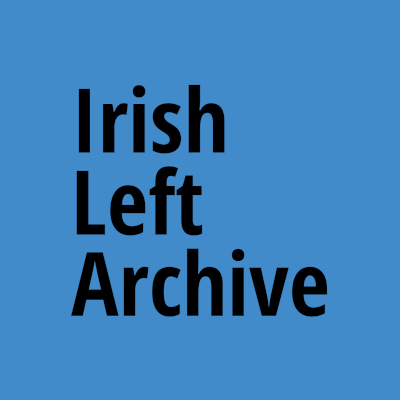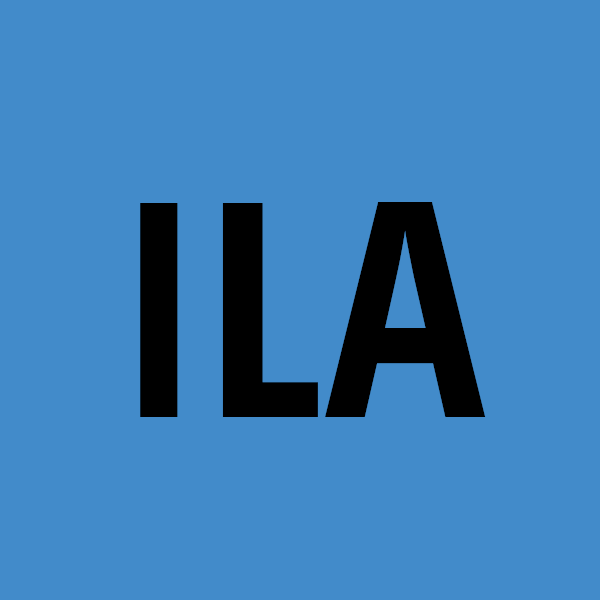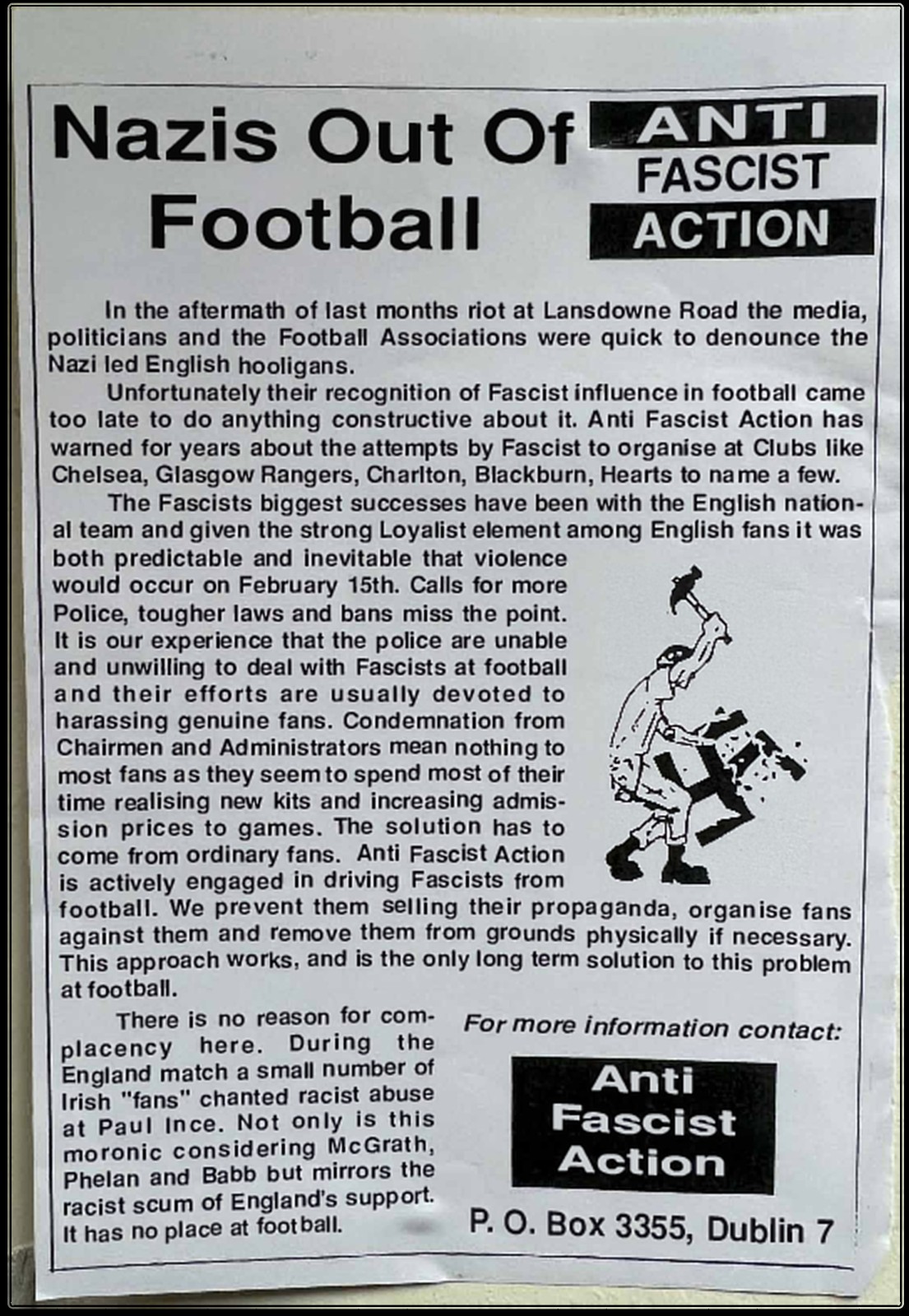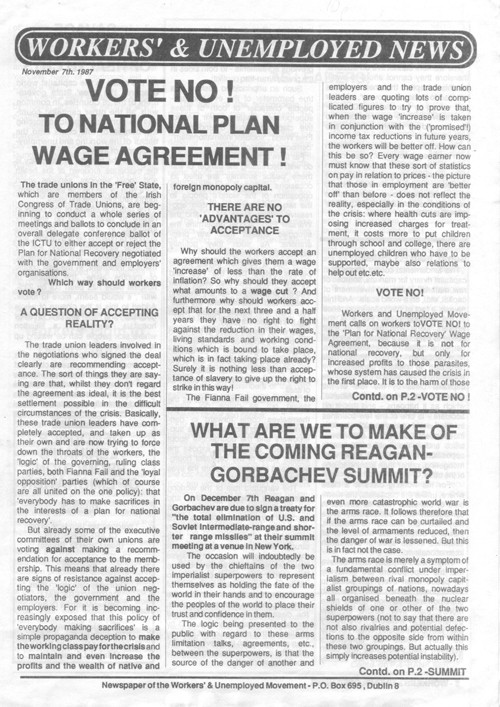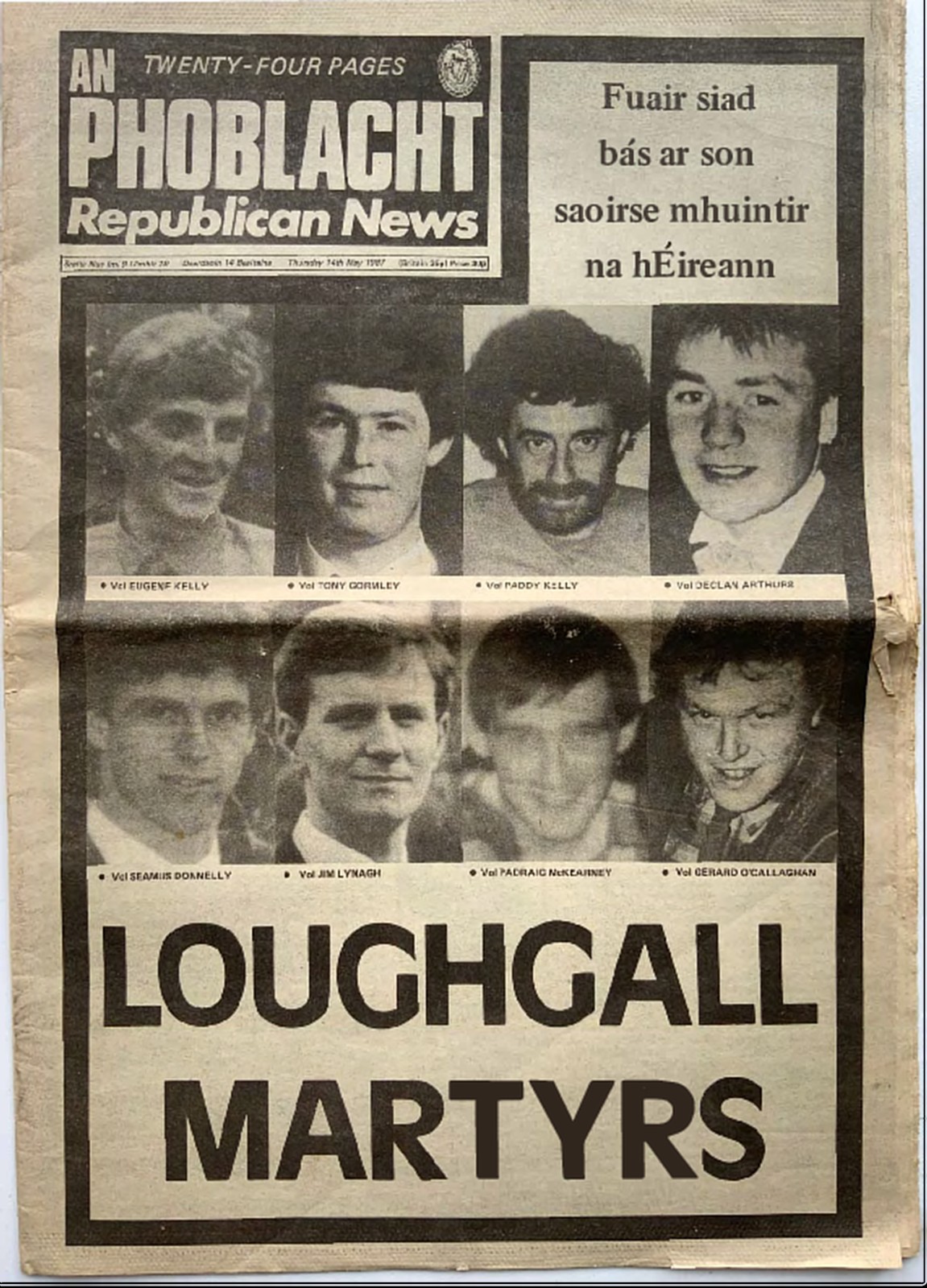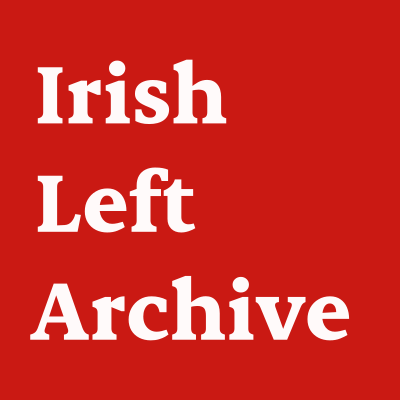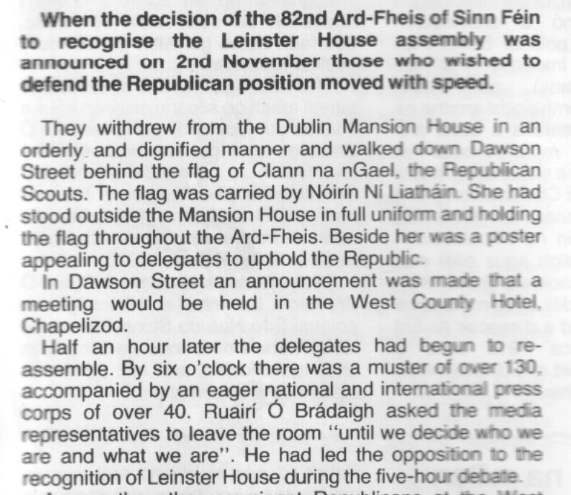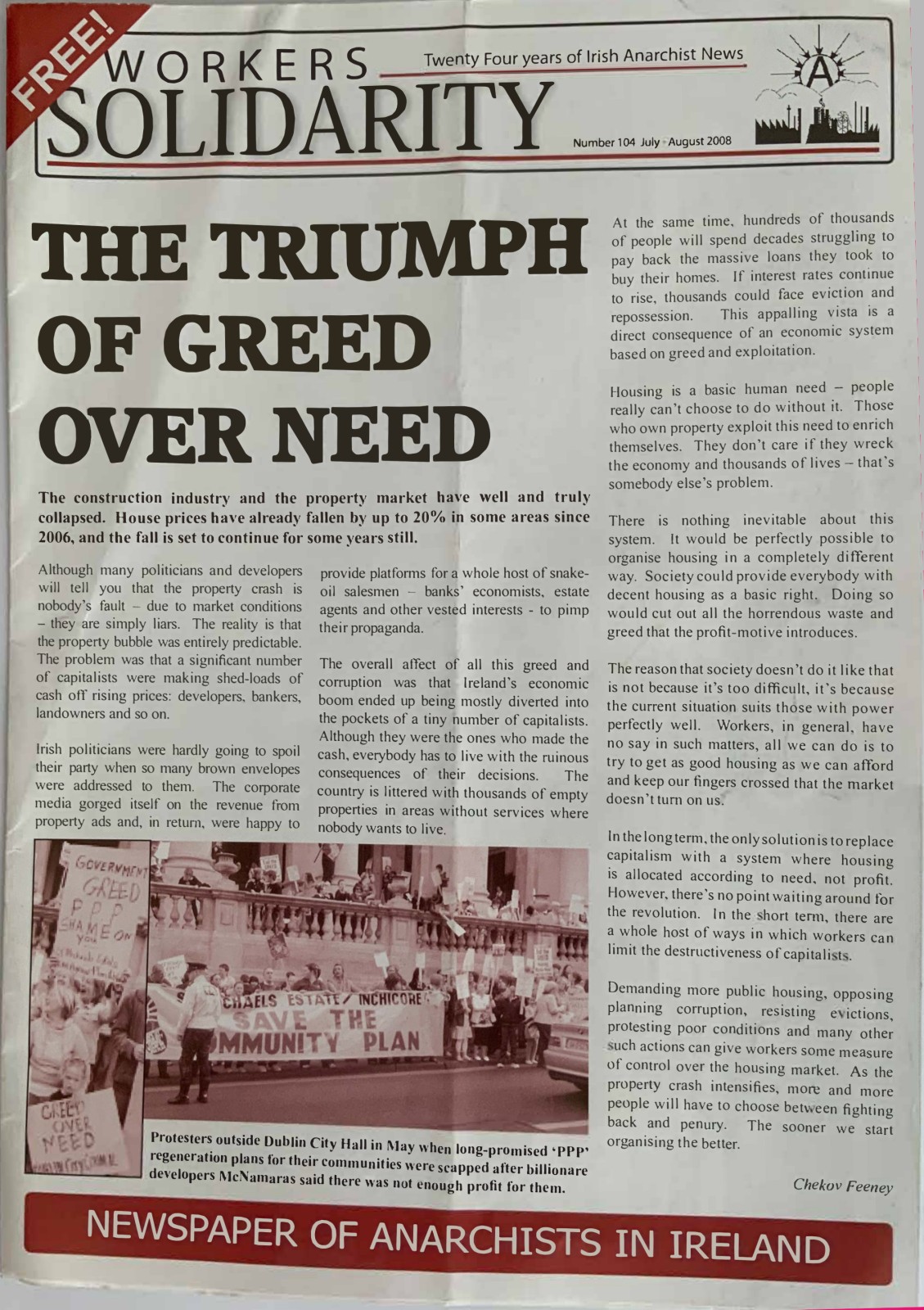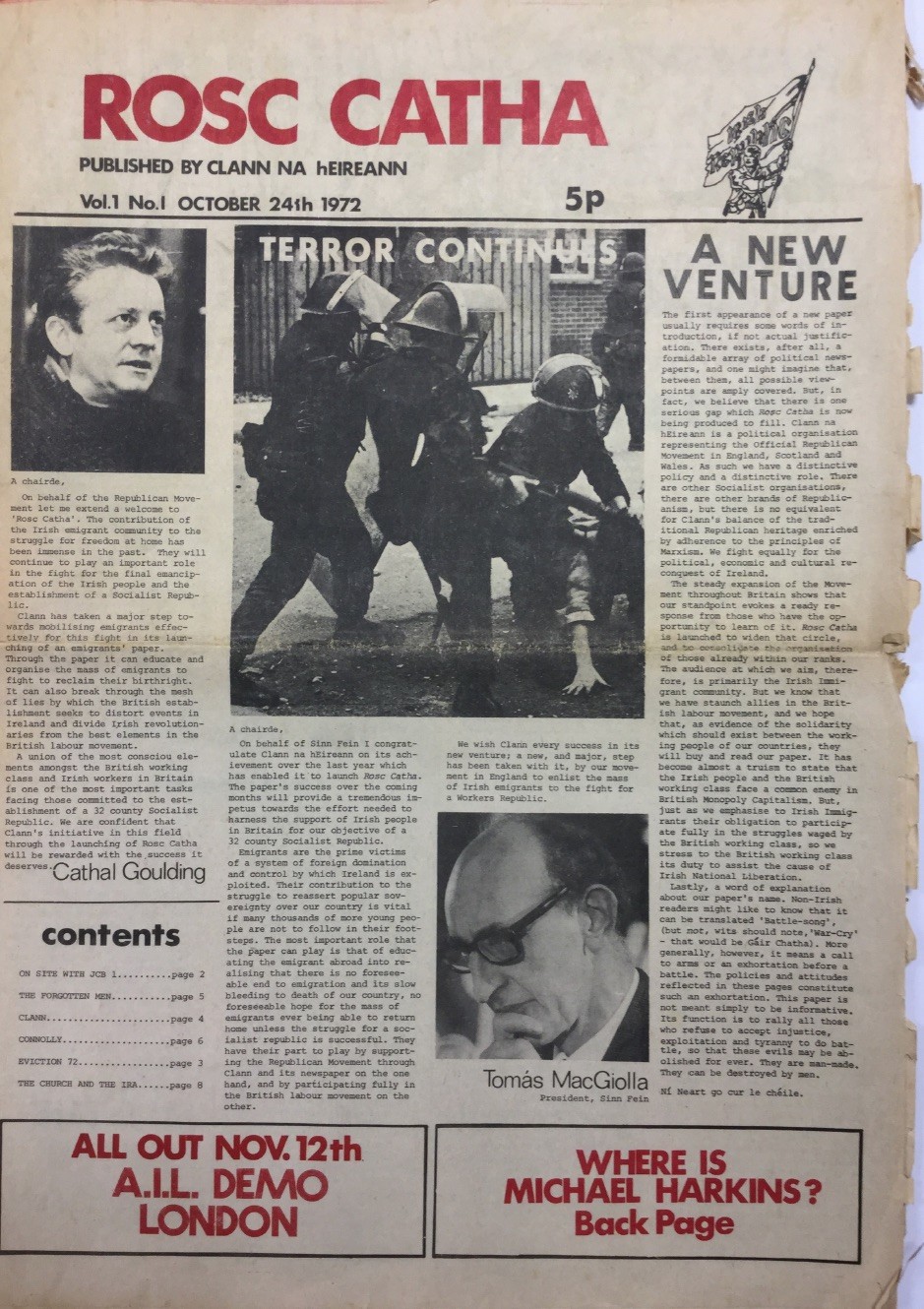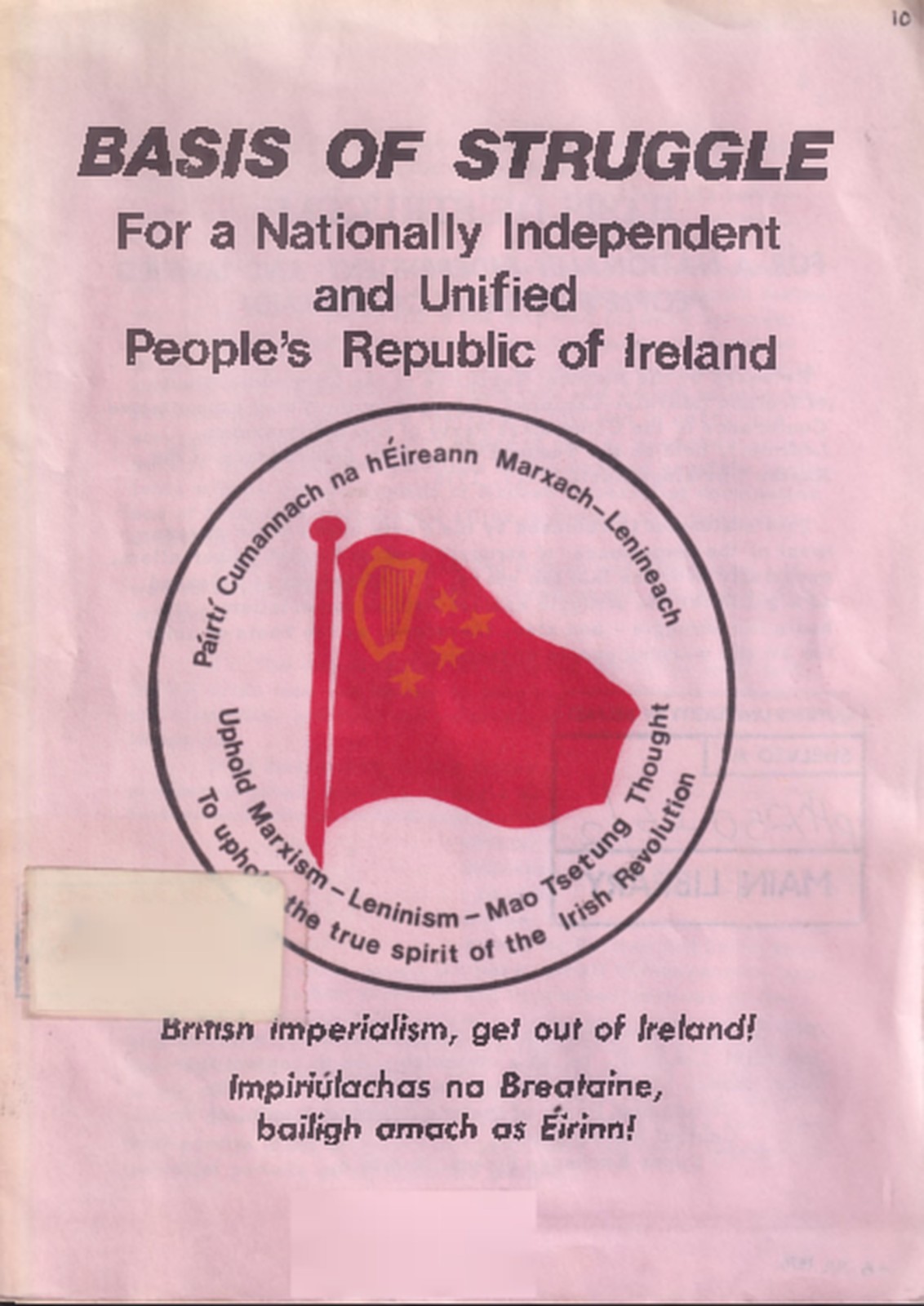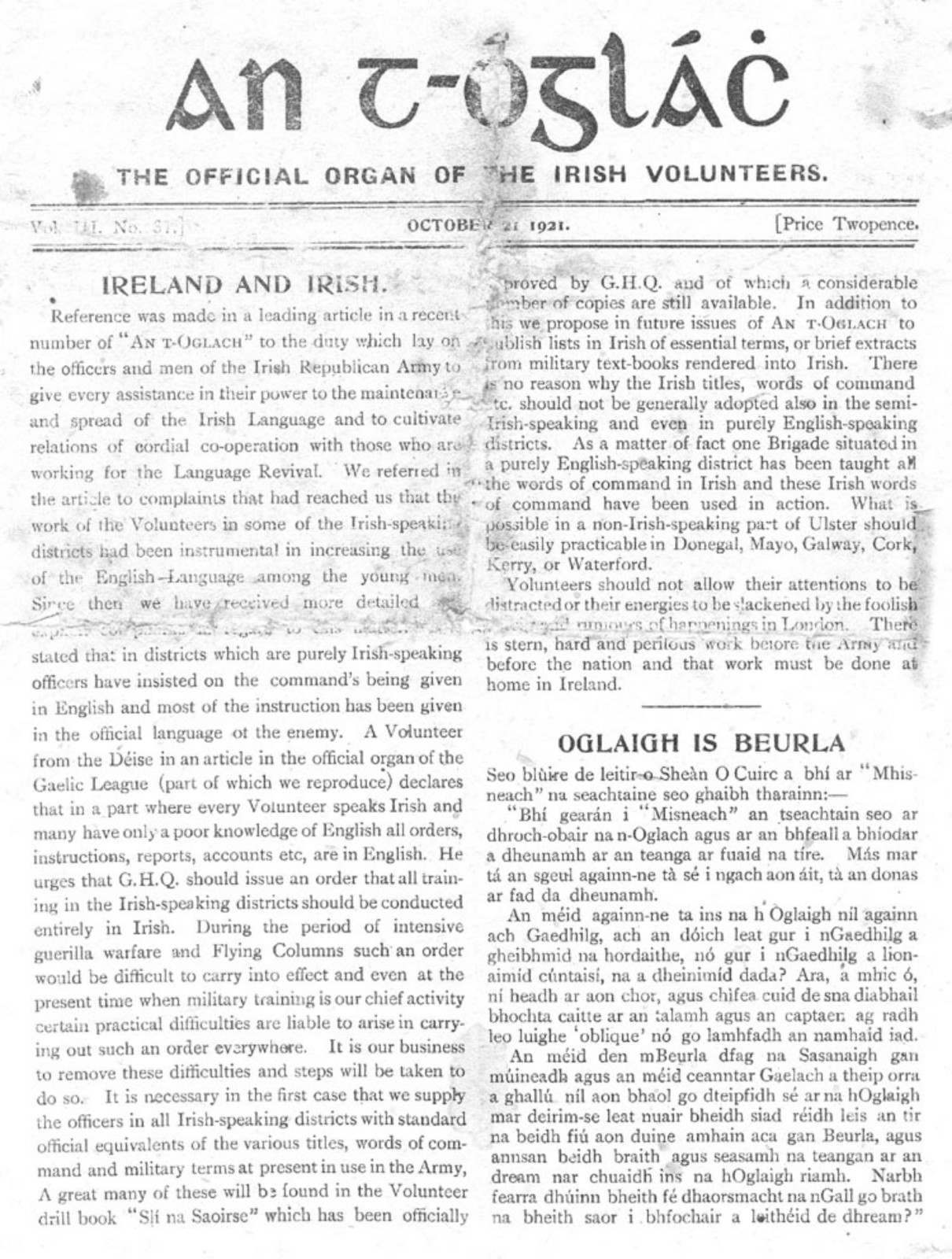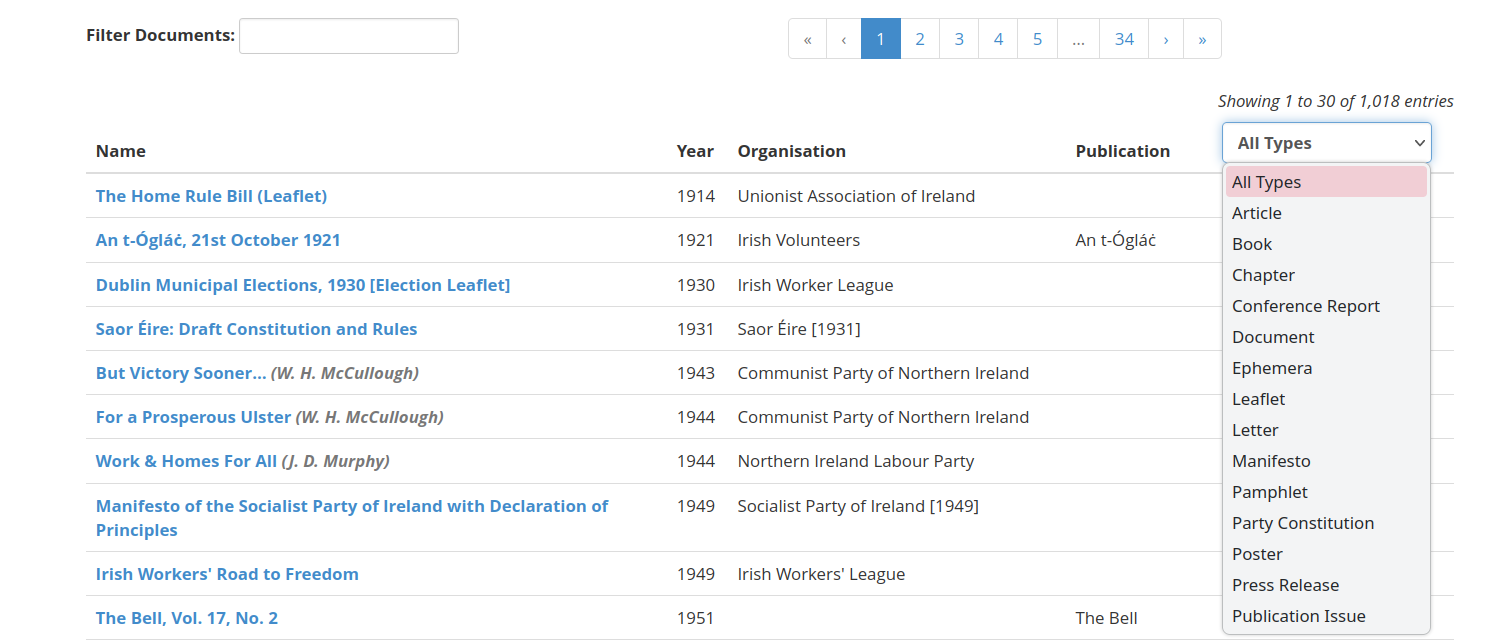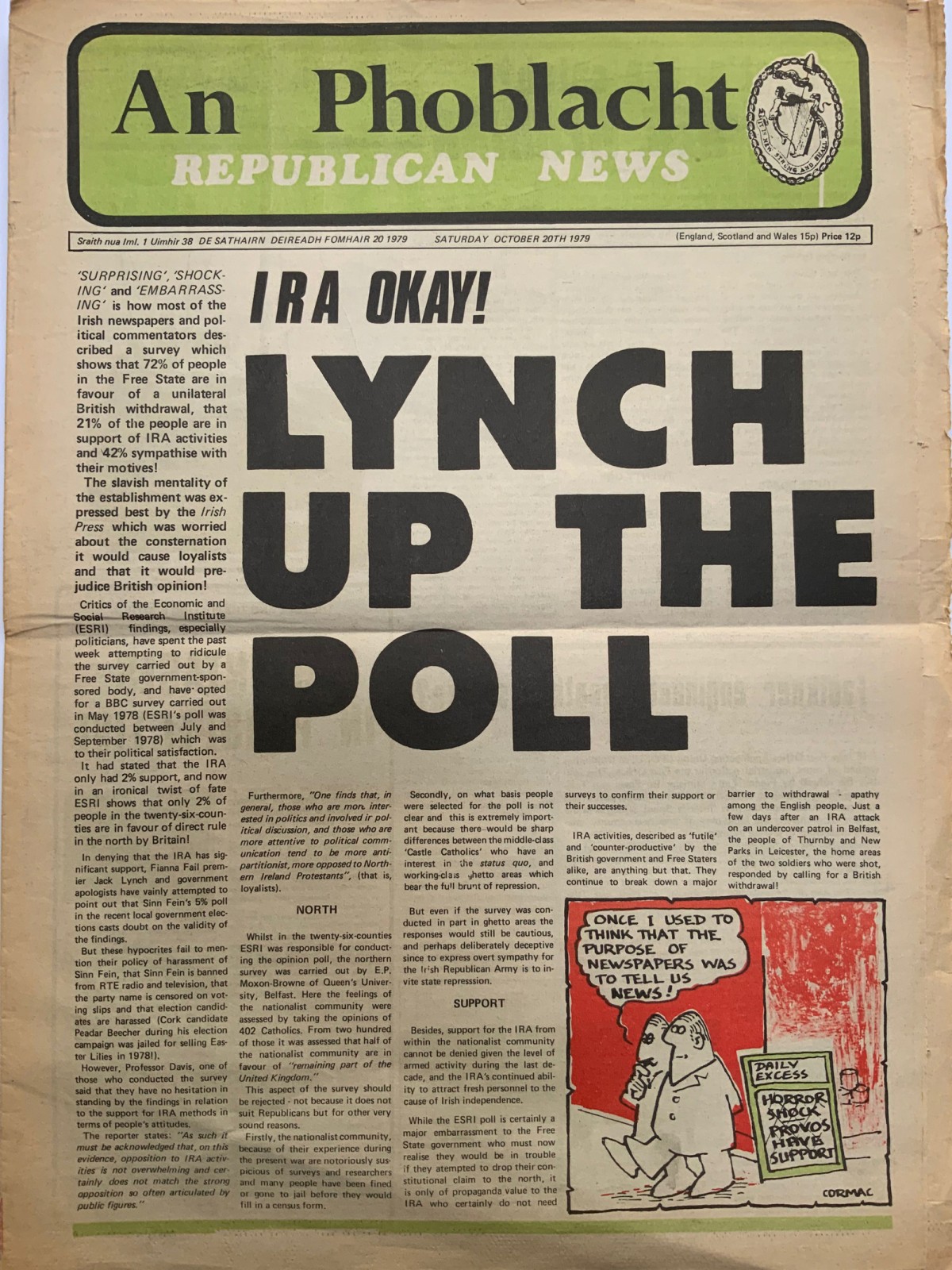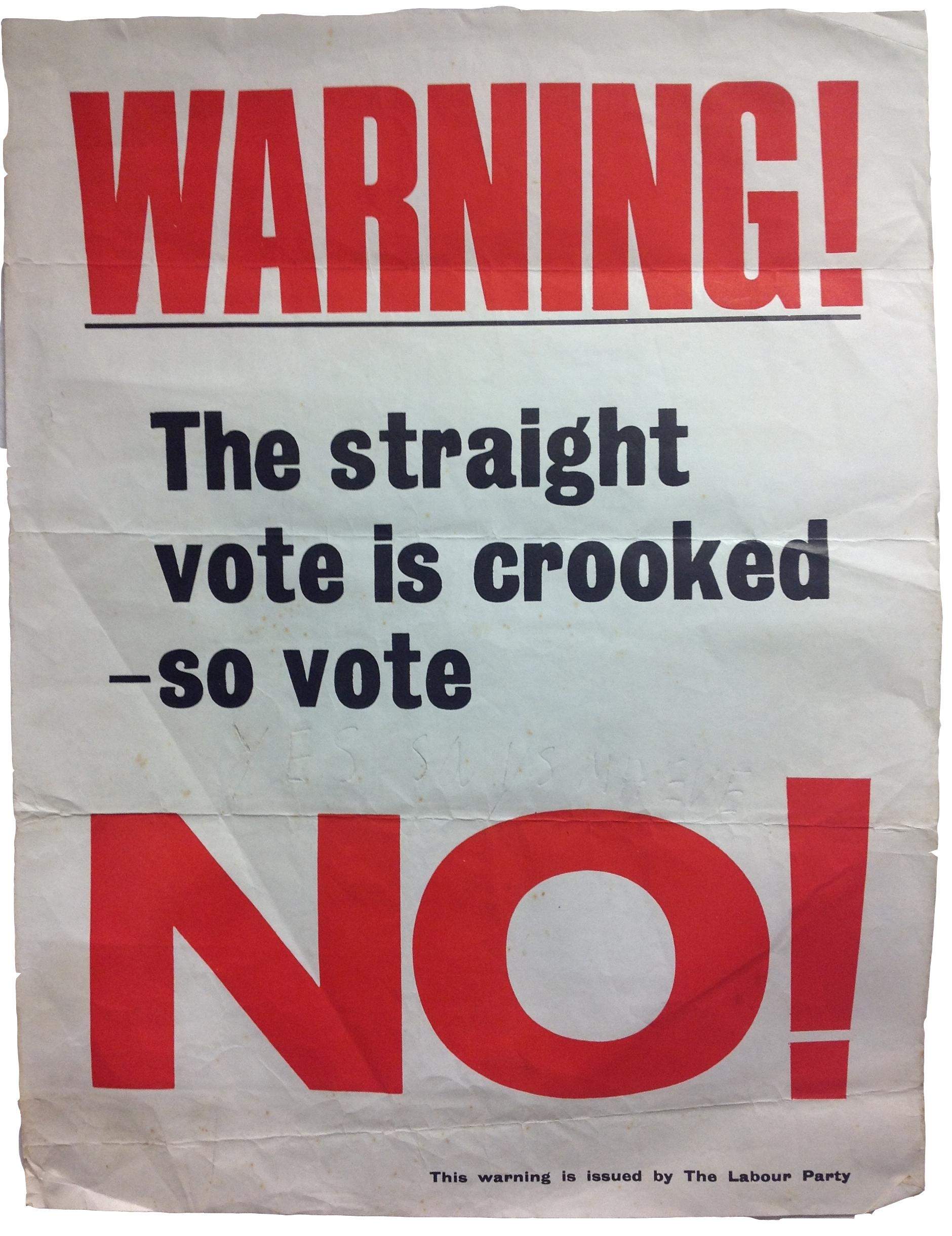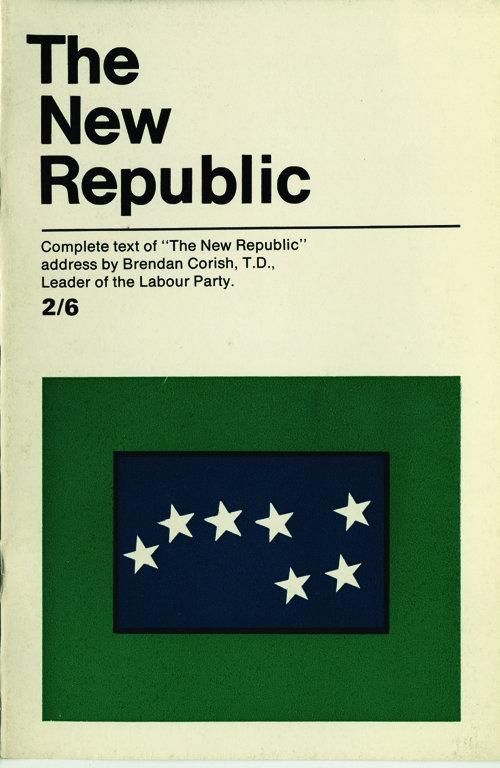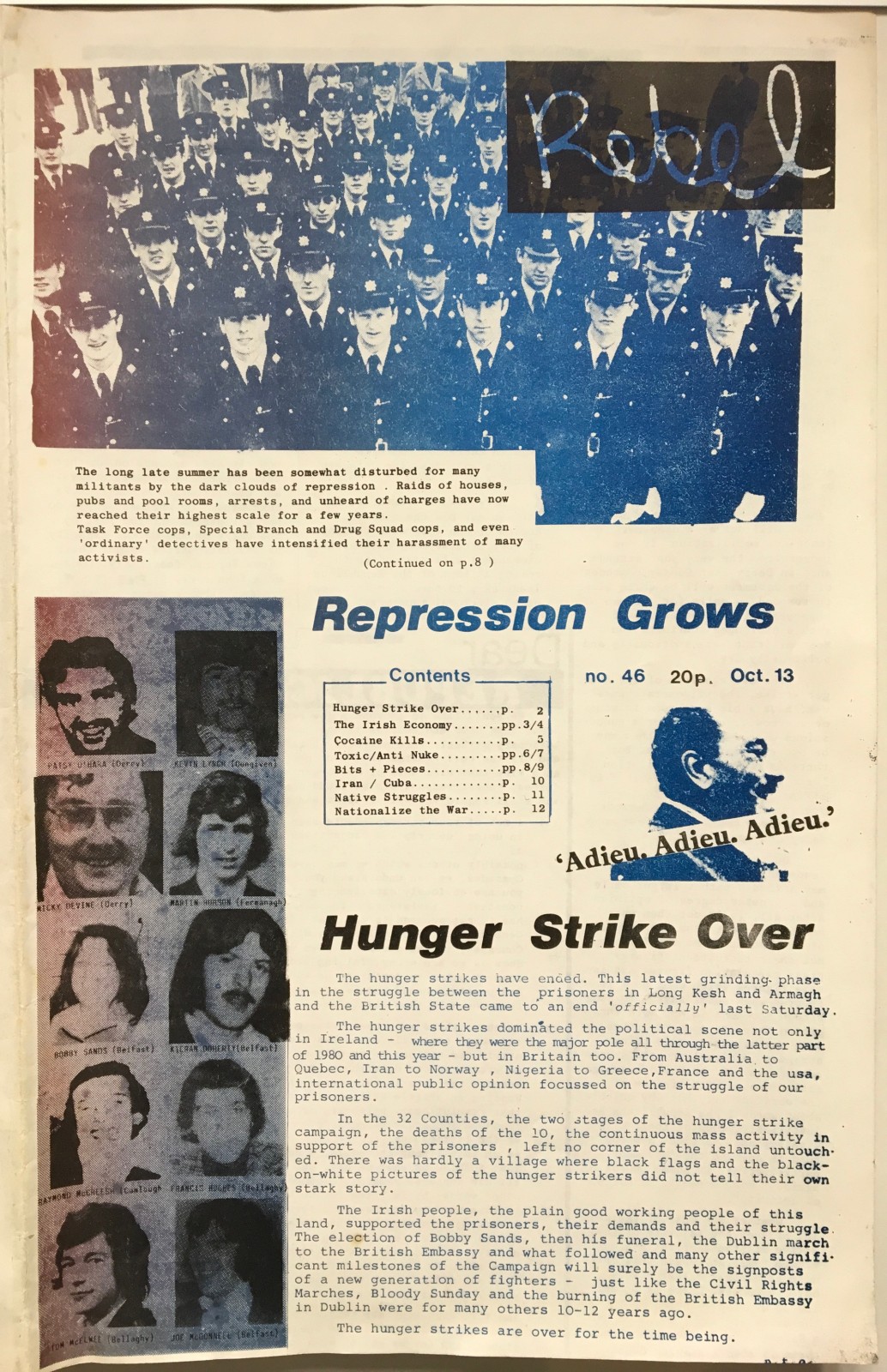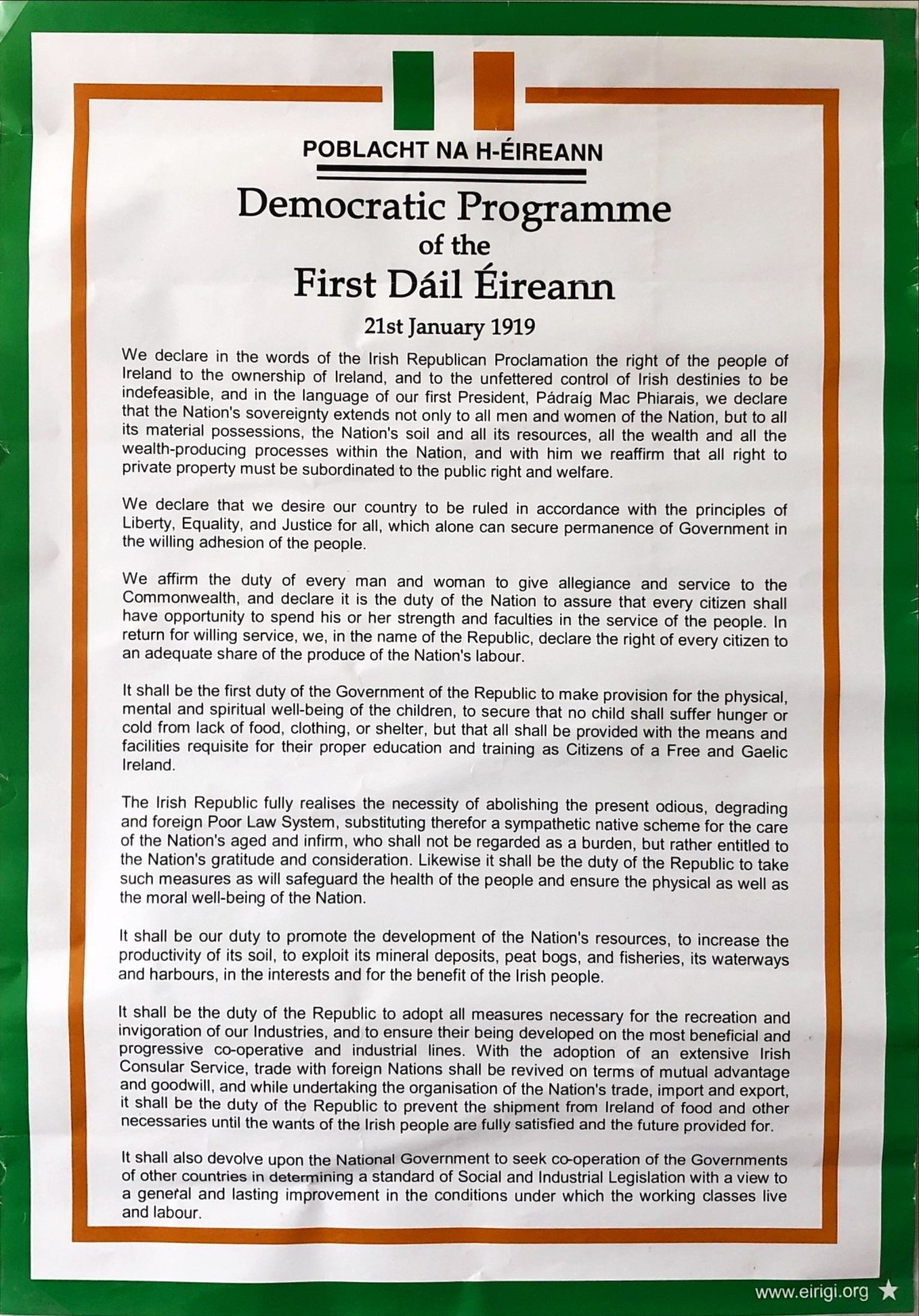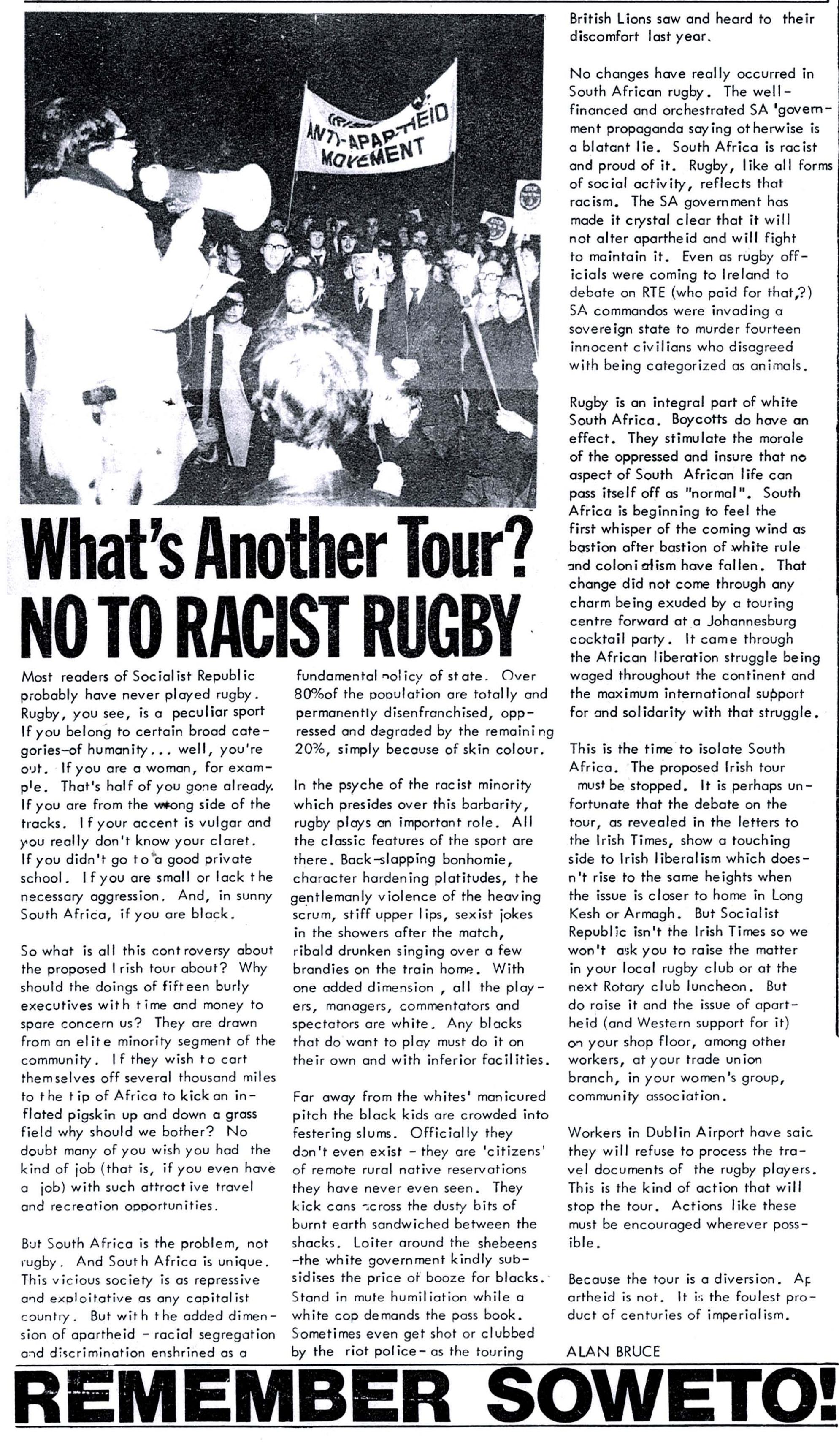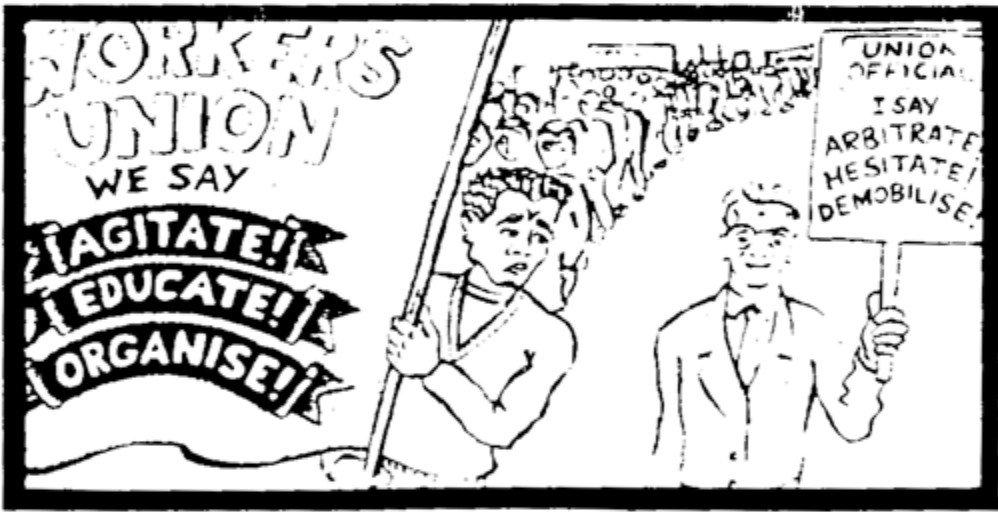New document:
"Nazis Out Of Football".
A leaflet from Anti-Fascist Action, 1995.
Nazis Out Of Football (1995) — Anti-Fascist Action
Irish Left Archive
Published #OnThisDay 7th November 1987:
"Vote No To National Plan Wage Agreement!"
Workers' and Unemployed News, from the Workers' and Unemployed Movement (associated with the Communist Party of Ireland (Marxist-Leninist)).
Workers' and Unemployed News, November 7th, 1987 (1987) — Workers and Unemployed Movement
Irish Left Archive
New document:
"Loughgall Martyrs"
An Phoblacht Republican News, Imeall 9, Uimhir 19, on the 1987 Loughgall ambush.
An Phoblacht Republican News (later just An Phoblacht) was the newspaper of Sinn Féin.
https://www.leftarchive.ie/document/6722/
#IrishPolitics #Loughgall #SinnFéin #AnPhoblacht #RepublicanNews
An Phoblacht Republican News, Iml. 9, Uimh. 19 (1987) — Sinn Féin
Irish Left Archive
#OnThisDay 2nd November 1986, Republican Sinn Féin were formed in a split over abstention from Leinster House.
https://www.leftarchive.ie/calendar/on-this-day/11/02/#event-5541
On This Day, 2nd November
Irish Left Archive
A New Series and Project Update
🎙️ New Episode!
This is an introduction to our next series of interviews and a round up of the Irish Left Archive project.
New document:
Workers Solidarity, No. 104.
From the Workers Solidarity Movement, August 2008.
Workers Solidarity, No. 104 (2008) — Workers' Solidarity Movement
Irish Left Archive
Published #OnThisDay October 24th 1972:
The first issue of Rosc Catha, newspaper of Clann na hÉireann.
Clann na hÉireann was the support organisation of Sinn Féin (Official) in Britain.
Rosc Catha, Vol. 1, No. 1 (1972) — Clann na hÉireann
Irish Left Archive
New document:
Basis of Struggle For a Nationally Independent and Unified People’s Republic of Ireland.
Communist Party of Ireland (Marxist-Leninist), 1976.
Basis of Struggle For a Nationally Independent and Unified People’s Republic of Ireland (1976) — Communist Party of Ireland (Marxist-Leninist)
Irish Left Archive
#OnThisDay 22nd of October 2011:
A march was held in support of Occupy Dame Street, the Dublin incarnation of the wider Occupy movement. Here are leaflets collected at the march: https://www.leftarchive.ie/demonstration/6140/
#OTD #Ireland #Dublin #Activism #Protest #Occupy #SnapshotsOfPoliticalAction
Political Material from: Occupy Dame Street March, 22nd October 2011
Irish Left Archive
Published #OnThisDay 21st October 1921:
An t-Ógláċ (The Volunteer), Official Organ of the Irish Volunteers.
An t-Ógláċ, 21st October 1921 (1921) — Irish Volunteers
Irish Left Archive
A small addition to the website: the documents page now includes a filter for document types, so you can find e.g. posters, manifestos etc. more quickly.
Documents in the Irish Left Archive
Irish Left Archive
Published #OnThisDay 20th October 1979:
An Phoblacht Republican News, newspaper of Sinn Féin.
https://www.leftarchive.ie/document/6227/
#SinnFéin #AnPhoblacht #RepublicanNews #IrishHistory #IrishPolitics #OTD
An Phoblacht Republican News, Iml. 1, Uimh. 38 (1979) — Sinn Féin
Irish Left Archive
#OnThisDay 16th October 1968, a referendum to remove proportional representation in favour of majoritarianism was held in the Republic of Ireland.
The referendum was rejected by 60% of voters.
Below is a poster from the Labour party from the campaign.
#OnThisDay 14th of October 1967:
Labour party leader Brendan Corish delivered his "New Republic" speech, famously opening with “the seventies will be Socialist”.
https://www.leftarchive.ie/calendar/on-this-day/10/14/#event-5538
On This Day, 14th October
Irish Left Archive
Published #OnThisDay, 13th October 1981:
Rebel, No. 46, on the end of the Republican hunger strikes.
Rebel was produced by Revolutionary Struggle in the late 1970s and early 80s.
https://www.leftarchive.ie/document/2913/
#OTD #IrishPolitics #History #Rebel #RevolutionaryStruggle #HungerStrikes
Rebel, No. 46 (1981) — Revolutionary Struggle
Irish Left Archive
In the latest episode of the Irish Left Archive Podcast, we spoke to former Republican Sinn Féin President Des Dalton about his political background, Republicanism, Internationalism and the Left.
#OnThisDay 9th of October 1968, People’s Democracy was formed at a meeting in Queen’s University Belfast.
https://www.leftarchive.ie/calendar/on-this-day/10/09/#event-5709
On This Day, 9th October
Irish Left Archive
New document:
Poster from Éirígí in 2019 reproducing the Democratic Programme of the First Dáil Éireann.
Democratic Programme of the First Dáil Éireann (2019) — Éirígí
Irish Left Archive
"What's Another Tour? No to Racist Rugby"
An article from Socialist Republic, paper of Peoples Democracy, opposing an Irish rugby tour of apartheid South Africa in 1981.
A cartoon from the first issue of Class War in Ireland on Trade Union officials.
Class War in Ireland, some of whose founders had been involved in Class War in the UK, had a short-lived existence in the early 1990s.
